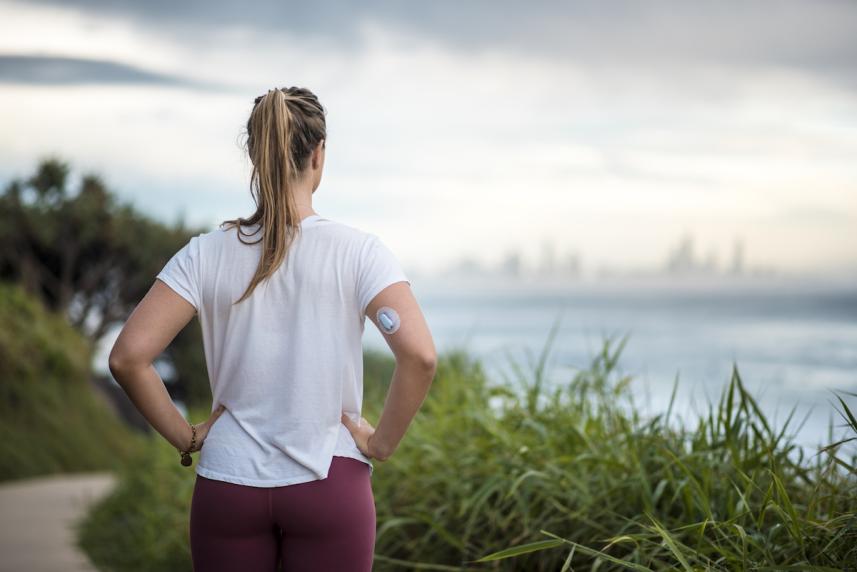Diabetes checklist: Are you doing these seven key things?
Managing diabetes can feel overwhelming at times. Keep it simple. Diabetes experts say there are seven key things to do to take care of yourself in body, mind, and spirit.

The most important thing to know about managing diabetes? It’s OK to ask for help. Diabetes educators are great partners to help you figure it all out. It can be tough to do “everything,” so don’t worry if you’re not. The more you learn, the more you can do each day. Eventually, these routines will become just like your other healthy habits, such as brushing your teeth and washing your hands.
1. Love what you eat.
Good news: Nothing is off-limits, including sugar! Any food can be worked into a healthy eating plan.
You’ll want to know how to count carbohydrates, when and how much to eat, which foods can help your health, and which foods can harm your health. A dietitian can help you create a plan that meets health goals and fits your tastes. You should meet with a dietitian at least once a year.
2. Find the right moves.
Good news: Getting started is easier than you think. A 10-minute daily walk is safe for most people.
Even if you exercised before you had diabetes, it’s important to talk to your doctor about what’s best for you. You may need to check your blood sugar before, during, or after workouts. It might also be important for you to have a snack before a longer workout. Ask for help setting fitness goals as well.
3. Write it down.
Good news: Checking blood sugar can help you deal with high and low blood sugars right away. Keeping track of the results and looking at trends can also help you and your doctor know how different foods, activities, and medicines affect your blood sugar levels. Take your blood sugar meter and log book with you to each doctor visit.
4. Manage meds.
Good news: Medicines can make it easier to manage blood sugar, and there are many types available.
Some people with type 2 diabetes start out taking oral medicines. Others with type 2 diabetes, as well as all people with type 1 diabetes, need to take insulin. For each medicine you take, know its name, how much you take (dose), and any side effects. Ask you doctor how to take each medicine, including the time of day and whether you should take it with or without food. Know which symptoms mean you should call the doctor.
5. Make a plan.
Good news: The more you learn about diabetes, the easier it will be to avoid problems before they happen and deal with them if they do.
Traveling or getting sick both require a little extra care if you have diabetes. Talk with your doctor about these special situations, so that you know things to watch for and how to plan. You should also put together an emergency kit, to ensure you’ll have enough medicine and supplies if there’s a power outage or natural disaster. Visit mydiabetesemergencyplan.com for help.
6. Boost your whole health.
Good news: Many of the healthy habits that can help you manage blood sugar can also reduce your risk of other health conditions.
When you have diabetes, you are also more prone to heart disease, kidney problems, and other medical conditions. That’s why part of your self-care plan is making sure to get all of the checkups, exams, tests, and screenings that your doctor recommends. You’ll learn about what vaccines you’ll need, as well as how to check your feet for injuries, which can cause extra problems for people with diabetes.
7. Accept help.
Good news: Most people with diabetes feel better about their health over time.
Feeling overwhelmed at first is normal. Don’t try to make too many changes at once, and don’t try to go it alone. There are many members of your health care team, and they can all help you learn more, set goals, and adjust to having diabetes. Leaning on loved ones and making time to unwind are important parts of managing diabetes.
Bottom line: Don’t try to do it all alone!
The American Association of Diabetes Educators (diabeteseducator.org) notes that Medicare and most health insurance plans will cover diabetes education classes, as long as they are offered by an accredited diabetes education program. These classes can go into greater depth on all of these areas.


